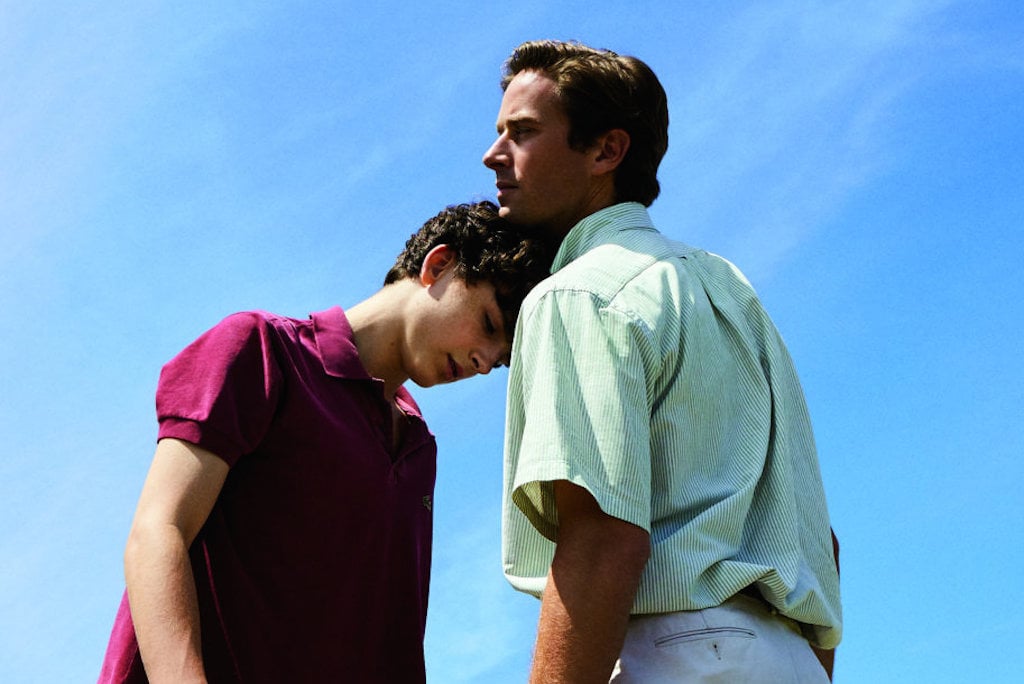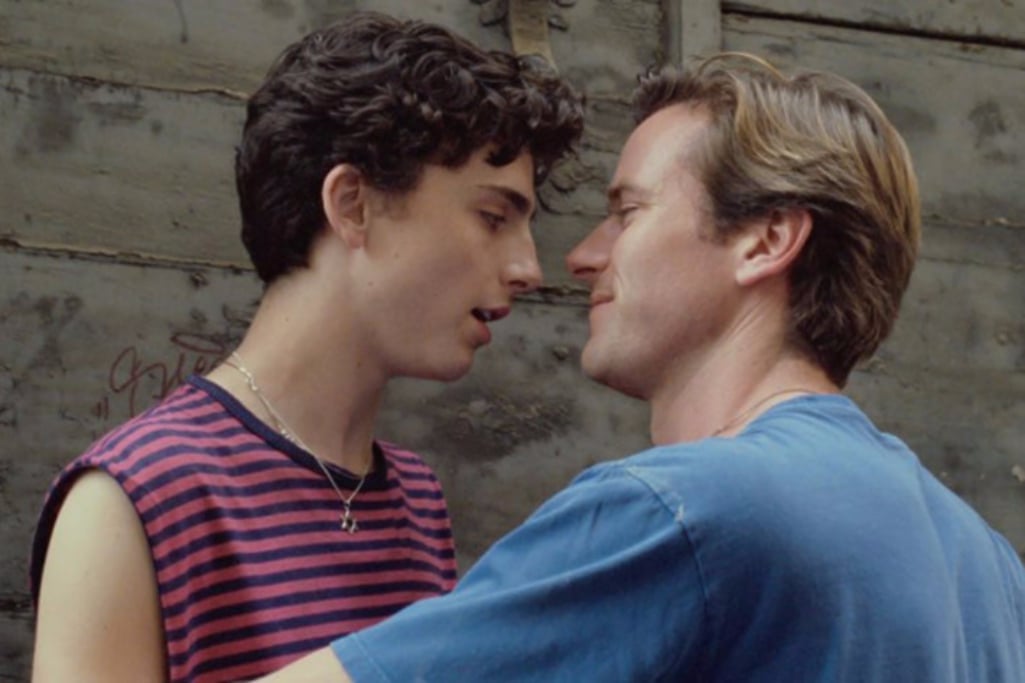‘Call Me By Your Name’ And The Problem With Gay Roles Going To Straight Actors
Hollywood loves queer stories, but it hates casting us in them.

When I bought my ticket to Call Me By Your Name, my friend couldn’t help but poke fun. “A gay guy seeing a gay movie, classic,” she snorted. (She’s the first person I came out to and I love her so it’s fine).
When I walked into the cinema I saw that the audience was made up of one couple and three other guys, each of them alone, just like me. Not long after the movie got started, I could feel relief sweep through the cinema — the way Call Me By Your Name depicts an unconventional gay relationship between two men, one of them a young man on the cusp of adulthood, actually felt real and honest. Like everyone else, I adored the movie. But there was one thing that stuck in the back of my mind: the fact that both the lead actors are straight.
This morning, Timothée Chalamet was nominated for the Best Actor Oscar for his role as Elio, but neither Chalamet, nor his co-star Armie Hammer, identify as queer. It’s not the first time straight actors have won praise for going gay — last year’s Best Picture winner Moonlight and previous nominees like 2015’s Carol, 2008’s Milk and 2005’s Brokeback Mountain all earned accolades for how well they told queer stories using straight actors.
The message from Hollywood is clear: “We love queer stories, we just don’t want to cast you in them.”
Bad Representation
To date, no actor has won an Oscar while publicly out of the closet. The last few years have proved that LGBTIQ+ movies can garner accolades and rake in big bucks at the box office, just not when the roles are given to queer people.
And not only do the big gay roles keep going to straight actors, but once actors come out, they often stop being considered for straight roles.
Just ask Ellen Page. In 2014, after an already-ten year career, she came out publicly. “I have four projects coming up — all gay roles,” she told Elle UK two years later. “People ask if I’m concerned about getting pigeonholed. No one asks, ‘Ellen, you’ve done seven straight roles in a row, shouldn’t you shake it up, do something queer?’ There’s still that double standard …Now I’m gay, I can’t play a straight person? Okay, cool.”
But in the queer world, gay men still fare a lot better than the other letters in the LGBTIQ+ family. GLAAD’s 2016 report into queer inclusion on screen shows that 18.4 percent of the industry’s top performing 125 films include a LGBTIQ+ character — but gay men still make up a gigantic 83 percent of these characters, leaving gay women, intersex and trans people wildly underrepresented.
Trans actors fare the worst of all, continually forced to watch cisgender actors star in their stories. In 1999, cis woman Hillary Swank won Best Actress in both The Oscars and Golden Globes for her role as a trans male in Boys Don’t Cry. Felicity Huffman did the same in 2005, when she won the Golden Globe for Best Actress in 2005 for her role as a trans woman in Transamerica. Jared Leto won the best supporting actor Golden Globe and Oscar in 2013 in his role in Dallas Buyers Club playing a trans woman, despite being a cis male.
All three performers used their acceptance speeches to shine a light on the inequality marginalised communities face. But it wasn’t until 2016, when (actually very bad ally) Jeffrey Tambor won the Best Actor Emmy for his role in TV series Transparent, that an A-list actor used their platform to call for equal representation. “I would be happy if I were the last cisgender male to play a transgender female,” he said.
“Please give transgender talent a chance. Give them auditions. Give them their story.”
The Importance Of Queer Stories
Call Me By Your Name is special. It presents a realistic story of two men falling in love in a way that isn’t exploitative or superficial, and both Hammer and Chalamet do an incredible job portraying the relationship.
I’m not here to tell you to boycott movies that cast straight actors in gay roles — our representation on screen is already so low that queer people can’t afford to miss the few films that have our interest at heart. Those Oscar-recognised movies — Carol, Brokeback Mountain, Moonlight — all tell important queer stories, including those at the intersection of race, class and sexuality. Everyone should be able to find characters they relate to on screen, and when marginalised communities are underrepresented, filmmakers perpetuate a loneliness felt by people who often don’t have a voice.
When I was closeted, I would never see any of the (extremely rare) gay films in the cinema because I didn’t want any of my co-workers assuming anything (paranoid much?). When my friend told me a gay guy buying a ticket to a gay movie was “classic”, I laughed. But when I thought about it, I realised it would be the first “gay movie” I’d ever seen in a cinema. It was so refreshing to see gay characters, on the big screen, in a completely normal and realistic setting.
I loved watching gay characters take centre stage in Call Me By Your Name. I just wish I’d got to see gay actors do the same.
—
PS. Timothée Chalamet DOES deserve the Oscar! He is a gem and should be protected at all costs.
—
Ben Freeman is 17, came out as gay on Facebook and I guess he writes now. Contribute to his obsession with Instagram at @ilovepasta2000 and follow him on Twitter at @b3nfreeman because he only has 43 followers. (Hi mum!)
